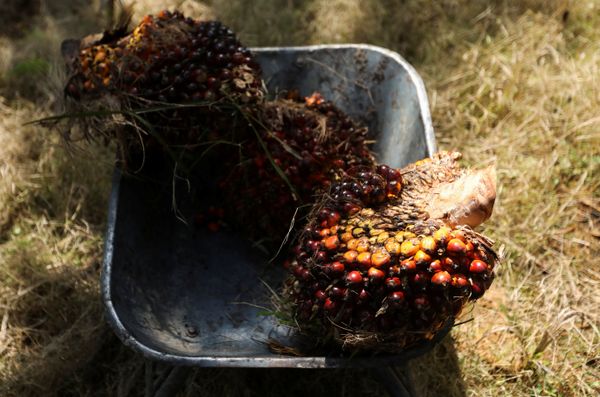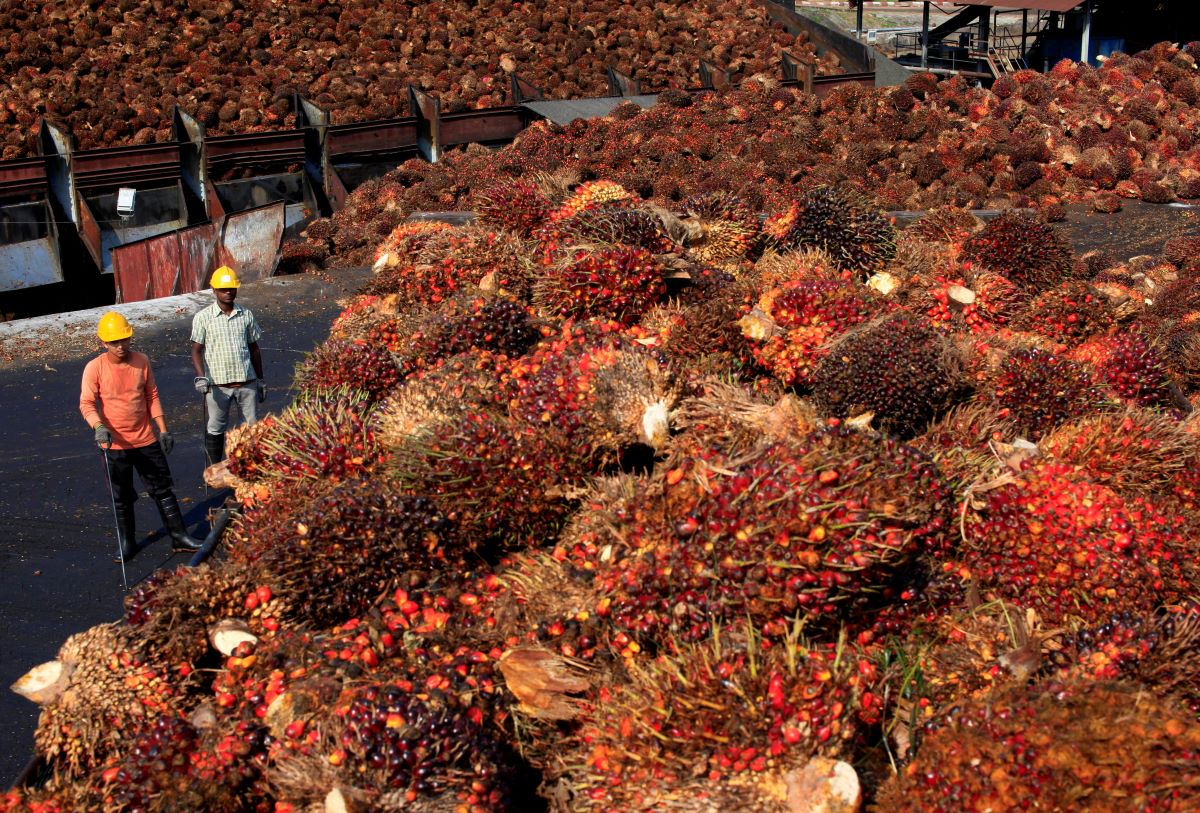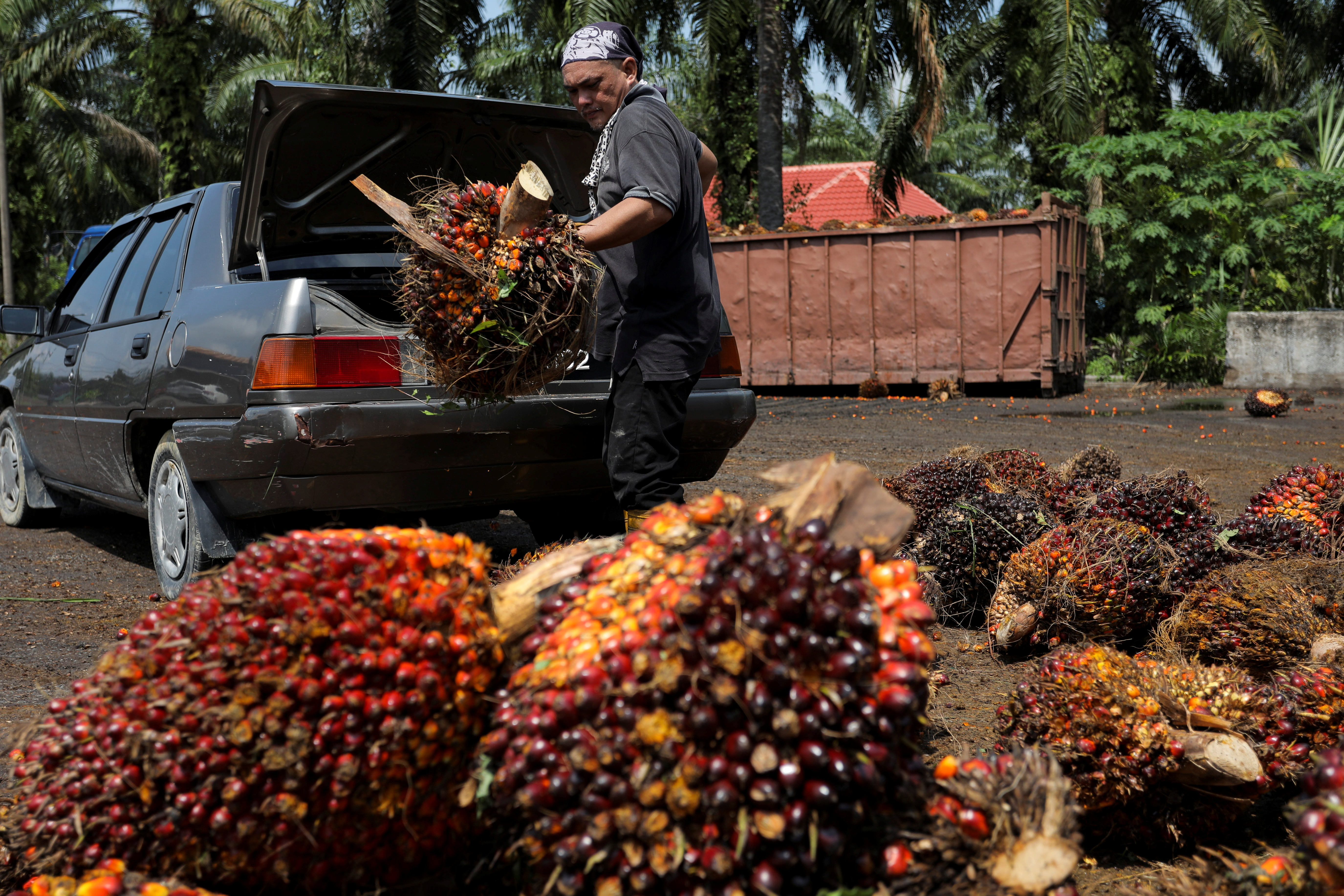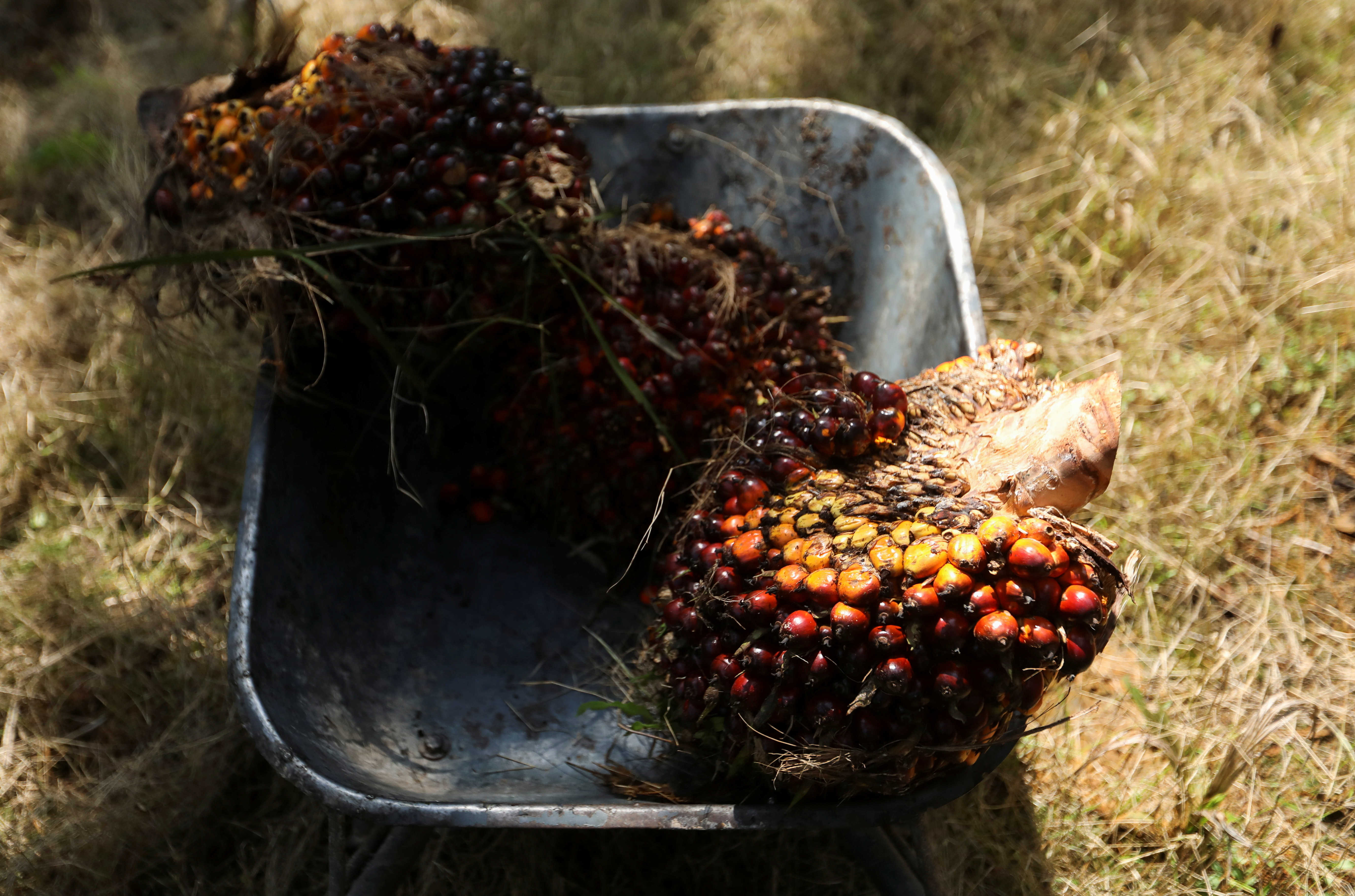KUALA LUMPUR, Nov 18 — The closure of a few Malaysian Palm Oil Board (MPOB) offices abroad does not affect efforts to deal with the anti-palm oil campaign and the negative perception of the commodity in the international market, said Deputy Plantation and Commodities Minister Datuk Chan Foong Hin.
He said the ministry has taken a strategic approach, including focusing on promotional efforts and diplomatic relations with international platforms, as well as establishing cooperation with strategic partners and non-governmental organisations to promote palm oil.
“Although the MPOB Brussels office for the European Union market is temporarily closed, there are still Malaysian Palm Oil Council (MPOC) offices abroad as well as regional offices to deal with issues related to palm oil,” he said at the winding up session of the Supply Bill 2025 at the committee stage for the ministry in the Dewan Rakyat today.
Chan added that the closure of the MPOB offices aligns with the government's rationalisation efforts in dealing with overlapping functions of government agencies.
Five MPOB offices in Brussels, Belgium; Tehran, Iran; Cairo, Egypt; Washington DC, the United States; and Karachi, Pakistan, have been closed, while the Shanghai office in China is still operating.
“An in-depth study on the operational requirements and effectiveness (of the agency’s office) in palm oil promotion was done, and this is a measure being implemented,” he said.
Meanwhile, RM15 million has been allocated to promote palm oil, of which RM5.63 million is set aside for palm oil information campaigns for consumers in Europe and RM4.3 million for lobbying activities.
In terms of incentives for the use of technology, mechanisation, and automation, Chan said the Plantation and Commodities Ministry calls for more local workers to participate in reinvigorating the agricommodity sector.
“Among the incentives is tax exemption through accelerated capital allowance (ASA).
“As announced by Prime Minister Datuk Seri Anwar Ibrahim during the tabling of Budget 2025, the government wants industry players to receive ASA benefits for fixed asset investments and improvement measures implemented, such as smart digital farming technology, automation, mechanisation, and the Internet of Things,” he said.
— Bernama








